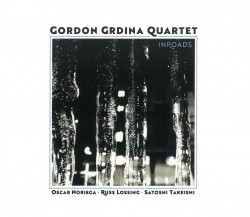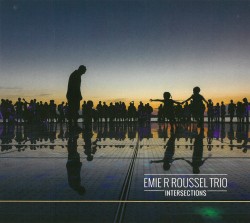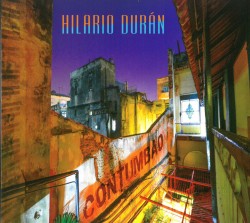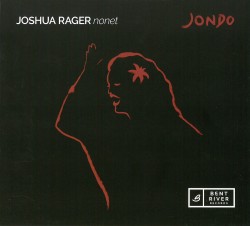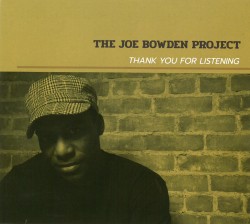Alleviation - Mikkel Ploug
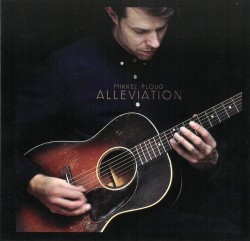 Alleviation
Alleviation
Mikkel Ploug
Songlines SGL 1623-2 (songlines.com)
Mikkel Ploug is a Danish guitarist who works regularly with his own jazz groups as well as Equilibrium, a trio with singer Sissel Vera Pettersen and clarinetist Joachim Badenhorst, a fascinating improvising chamber group that has found a home with Vancouver’s Songlines label. This solo acoustic guitar disc continues Ploug’s association with the label.
Both the solo and acoustic aspects are departures for Ploug, who recounts his discovery and acquisition of a particularly apt mid-40s Gibson Bannerhead guitar, a steel-string, mahogany-bodied, flat top more apt to supply chorded accompaniments to a folk singer. Instead it’s inspired some of the most beautiful and unexpected solo guitar music one might wish to hear. On one level it’s distinguished by Ploug’s investment in its special sound store, its fret clatter and squeaks, the kind of string noise some seek to surmount and that others love. Its resonance is even more appealing, with Ploug using finger picking on most pieces, exploring the instrument’s warm account of triads and seventh chords then extending the spectrum to create dense weaves of contrasting harmonic languages, sometimes beginning a phrase in one world and ending in another.
One of the most lustrous is Couleurs d’Olivier, a Messiaen inspiration in which diatonic scales ascend into dense chromaticism; another is Circle Wind, a cycling piece inspired by Steve Reich that creates an added dimension with metallic fret noise. This is consistently engaging music, bridging many genres.


